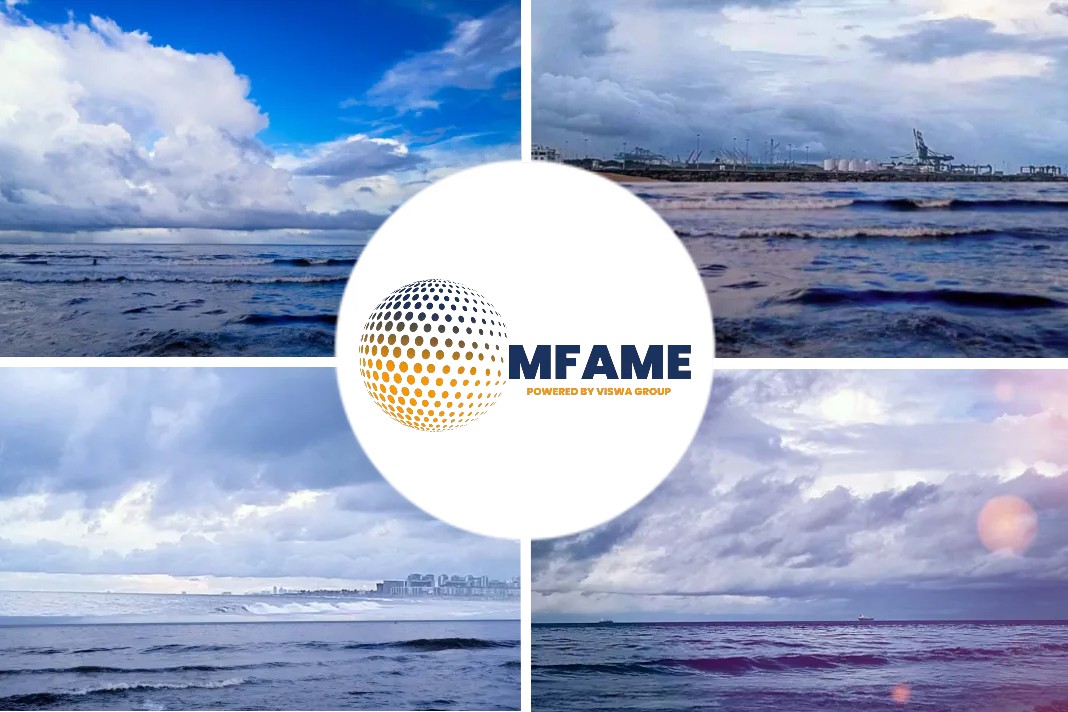
- The Marine Warranty Survey (MWS) is a product of the offshore industry, arising out of the increasing complexity of operations
- It is to assess whether the risks associated with the relevant onshore and offshore marine construction operations are reduced to an acceptable level.
- The MWS is now an intrinsic part of offshore operations.
The role of the Marine Warranty Surveyor should not be confused with that of the classification societies and their class surveyors. ‘Class’ certifies that the vessel construction complies with the relevant standards and ensures continuing compliance by carrying out regular surveys of the vessel in service. It extends only to normal vessel operations and does not include the non-routine operations that the vessel might be involved in.
Who Can Be a MWS?
The title of Marine Warranty Surveyor is not one that can be obtained from a school, by taking courses or similar. Appointment as an MWS on one project does not necessarily qualify that the same person can work as an MWS on another, different type of project. The appointment as an MWS will be project specific, with the experience and requirements agreed between the underwriter and the assured.
In addition, the MWS should have a formal marine education and experience with the vessel type and type of project they are to act as an MWS for, ideally with a formal education as a Master Mariner, Naval Architect, specialist structural engineer or similar.
When Is It Required?
The requirement for a Marine Warranty Survey arises when:
- The assured has high value equipment and/or is involved with high-risk marine or offshore operations
- The assured has entered into a contract under which risk is allocated to them
- The insurer seeks clarification and comfort that the risks to which it is exposed are in accordance with acceptable standards
Scope Of Work
The prime objective of the MWS is to assess whether the risks associated with the relevant onshore and offshore marine construction operations are reduced to an acceptable level in accordance with best industry practice. If the MWS is content that this is the case, they will issue a Certificate of Approval (CoA), which identifies the operation, the vessels and equipment to be used and states whether the CoA is subject to compliance with recommendations or requirements.
In order to achieve this, the MWS’ role is not limited to surveys, but will also include desktop activities such as reviewing the design basis and criteria, the engineering and the procedures. The MWS’ scope of work includes a review of the relevant project documentation, including all calculations, voyage plans and the like. These documents must be reviewed and approved by the MWS. As part of the review process the MWS will also take part in, amongst other things.
There will also be a physical verification, during which the MWS will inspect the actual equipment to be used, looking at not just its condition, but also the certification and documentation, manning levels and experience, and the requirements of the project.
Benefits Associated
There is a perception that the MWS is a representative of the insurer sent in to audit the insured. That is not the case, as the independence of the MWS is one of the most important factors in their engagement. The MWS is able to bring a number of benefits to both the insured and the insurer, beyond the obvious advantage of reducing the risk of a casualty or other marine incident.
While most operational teams will be focusing on only one project over a lengthy period of time, MWS companies will, by contrast, be instructed in a number of projects at the same time. In addition to the operational experience, MWS companies will also have marine and engineering experience, providing expertise and advice to a project, if necessary.
The use of MWS is likely to reduce claims, improve the involved organizations and make for better, more efficient operations.
Did you subscribe to our newsletter?
It’s free! Click here to subscribe!
Source: UPIndices
















